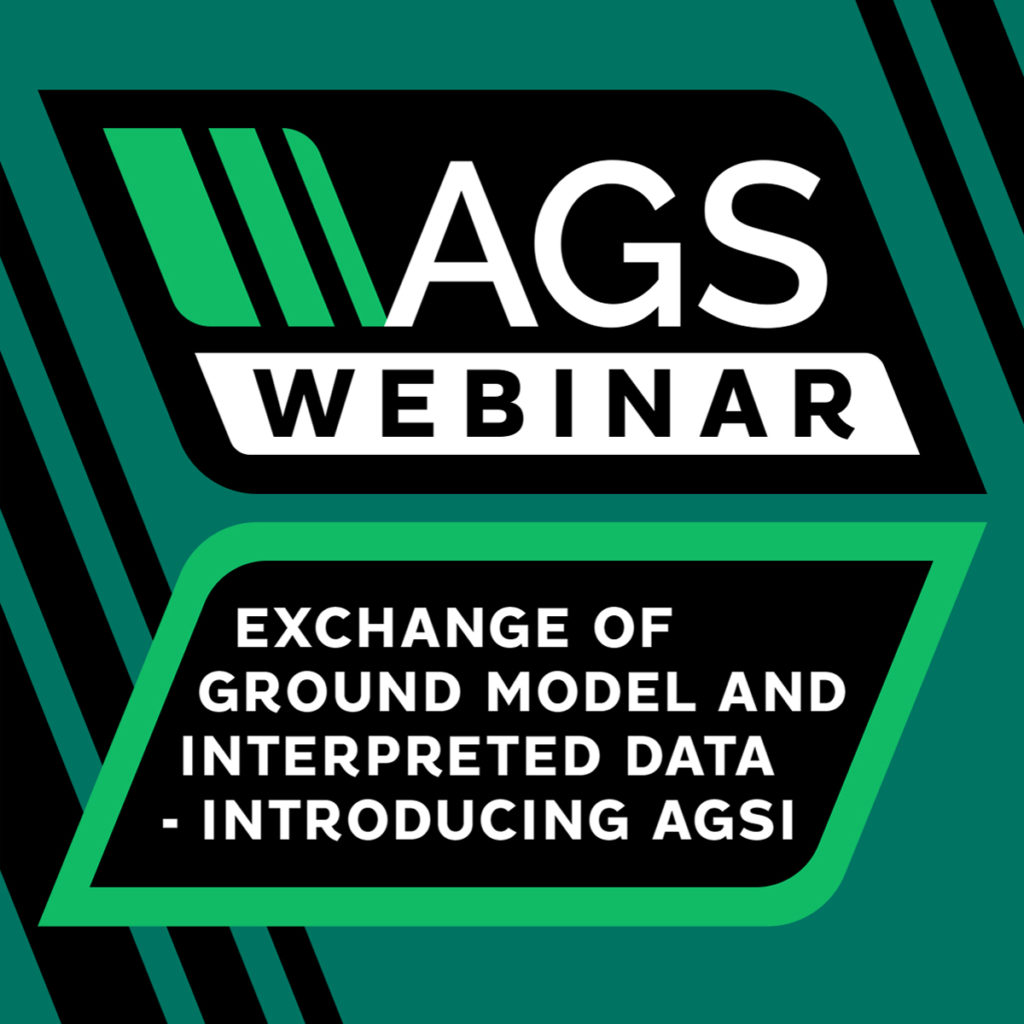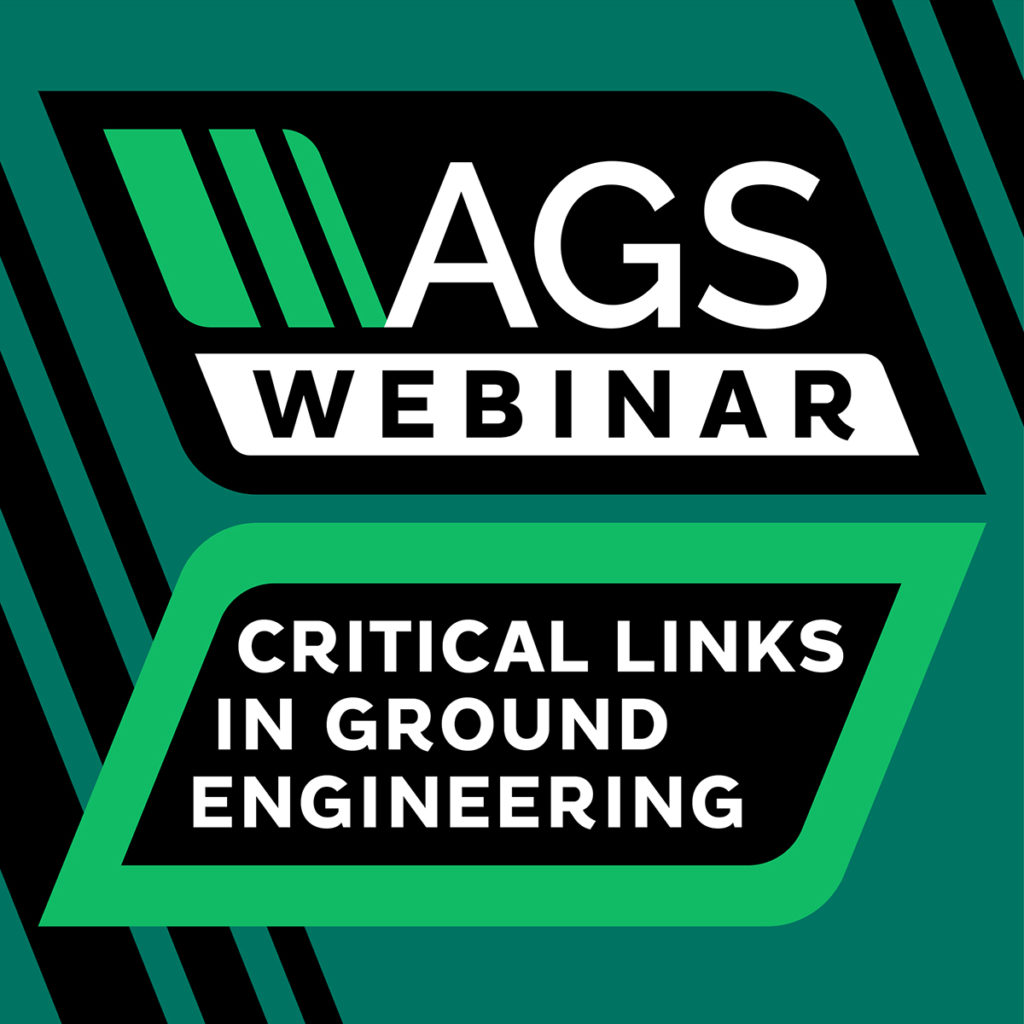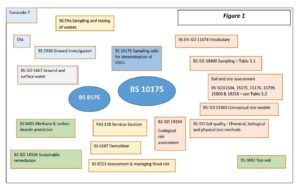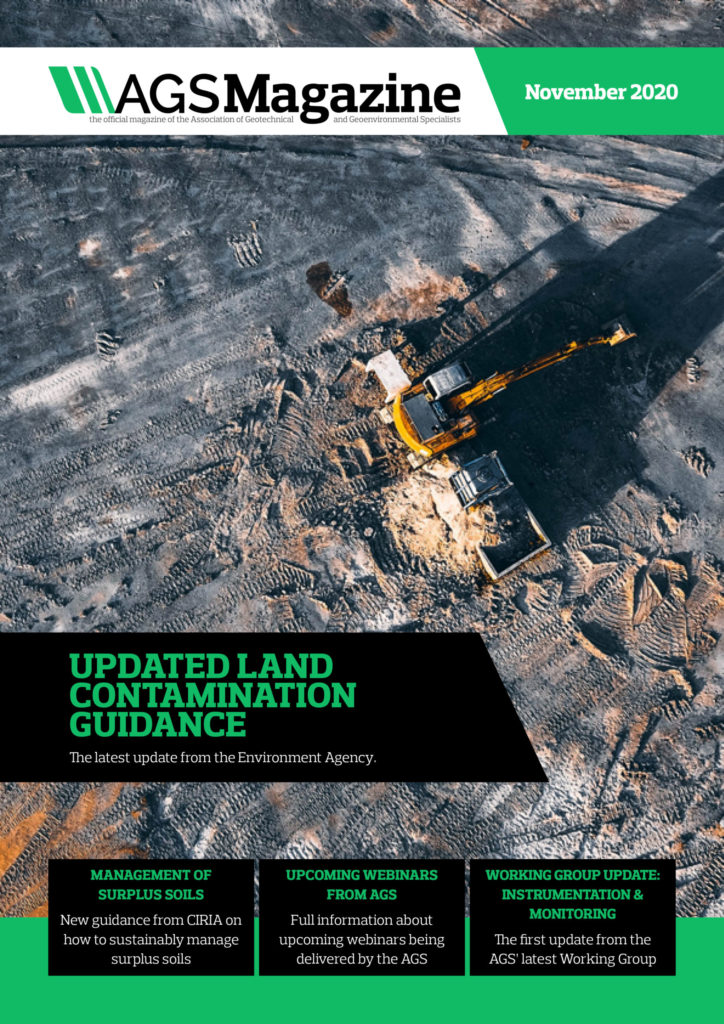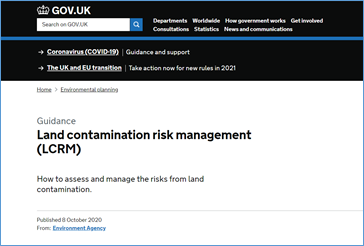As we commence a New Year, the availability and cost of Professional Indemnity (PI) insurance remains a key concern for many practices. It is likely that many will have experienced the consequence of market contraction throughout 2020 and unfortunately, with insurance capacity continuing to decline, 2021 is unlikely to offer any respite.
It is therefore more important than ever to understand what is driving insurers’ current thinking and what firms can do to protect their position.
Understanding the insurance market cycle
Like many other financial institutions, insurers are bound by capital solvency requirements.
This means that they need to maintain a certain ratio of assets to liabilities to ensure they can meet their obligation to pay claims. The amount of business an insurer can write is dependent upon the amount of capital they hold in reserve. When the supply of capital reduces, insurers will take on less business and when it is readily available, they will be able to write more. That fluctuation in the availability of capital is a key driver of the insurance market cycle, and in turn, the availability and cost of insurance.
Reports suggest that there has been an ‘over supply’ of capital in recent years. This, coupled with ever increasing commercial pressures, has contributed to a relaxation of underwriting discipline. In other words, the level of competition within the PI sector has led to behaviours such as the under-pricing of risk, taking on too much exposure and making insufficient allowance for claims.
As the effects of that manifest, the return on investment reduces and capital begins to withdraw from the market; many insurers are not able to take on the same volume of business and some (as we are now seeing) may withdraw from certain market segments (e.g. professions or types of work) or entire classes of insurance.
As a result, problems can arise with the availability and cost of insurance and the breadth of cover provided.
Particular PI insurance challenges for Consultants in the Built Environment
As a specialist class of insurance with long-tail liabilities, PI insurance has traditionally been more susceptible to significant changes than the wider insurance market. Allied to that, is the perceived evolution in risk profile of the construction / built environment sector.
Although the PI market looked very different in early 2017, the cracks were already beginning to show. Even at that point, there was an acknowledged growing risk versus reward imbalance, with construction professionals being asked to do more, for less, under increasingly onerous contracts.
Unaware or unconcerned with the implications, certain insurers continued to focus on growth in (or retention of) market share rather than long-term viability. Those behaviours were impacting the market, and it was only a matter of time before the effects of that would take hold and capital would begin to exit.
Even before anyone had heard of COVID-19, it seemed inevitable that conditions within the PI insurance market were set to change. The impact of the combination of events over the last few years: the failure of major contractors; the tragedy of Grenfell and subsequent questions concerning the quality of our buildings; the regulation of construction and the resultant potential legacy risk for insurers.
The availability of insurance capacity will be one of the biggest challenges as we move through the year ahead. It is inevitable that the market will continue to contract and with that we are likely to see a much harder line taken by those Insurers that continue to offer capital within the PI sector for those professions active in the built environment. Insureds should be prepared for:
Further premium increases: By how much is very difficult to say, as this will be heavily dependent upon how low your insurers have been prepared to cede to market pressures in the past. Those insurers that have focused purely on market share at any price will be the ones that are in the greatest need of corrective action to their book of business. Some insurers simply felt that correction was commercially impossible and have exited the market altogether Those that remain can be a lot more selective about which risks they will take on. In some cases, insurers may not offer renewal terms to those exposed to higher risk areas of work or to those practices with poor claims performance.
Higher excess levels: Those practices that are currently paying an excess of less than 1% of their fee income should expect to see higher excesses being imposed. For some areas of high-risk work, insurers may insist that the excess is also applied to defence costs.
Narrowing of coverage: Any one claim coverage has long been a feature of the UK PI market, although AGS members will be aware that any one claim coverage was removed some 20 years ago in relation to pollution and asbestos, with most insurers restricting coverage to aggregate limits only. In the current marketplace, aggregation of all elements of coverage is being introduced as a way to deal with exposure to other high-risk areas of work. Unfortunately, for the geotechnical sector they are generally viewed as working in the part of the project cycle with the most severe risks and therefore when a hard market sets in, they are often amongst the first to be hit with the most severe coverage restrictions.
What can Insureds do to protect their position?
There is no doubt that the year ahead will be a challenging one commercially. Whilst it is not possible to control what is happening within the Insurance market, there are some steps that insureds can take to help navigate the difficult road ahead.
Early engagement with your broker is vital to ensure you have time to deal with issues that may arise throughout the renewal process. In 2021, time will be a required asset not a luxury. If your insurer has chosen to withdraw from the geotechnical sector or is only prepared to offer aggregated coverage, the earlier you know about this the more time you have to explore alternative solutions. Even small practices should engage with their broker at least 2 months in advance to ensure there is sufficient time to navigate problems that could well arise. Much larger practices should be engaging 6-months ahead of renewal date.
Insurers are requesting far more information than ever before – be prepared to answer additional questions about your Business, particularly around activities of work that will be deemed by the insurers as ‘higher-risk’. AGS members are more likely to be exposed to higher-risk activities by the very nature of the work they undertake (contaminated land, asbestos, basements, tunnels, railways to name but a few).
With the implementation of lockdown and most practices working from home, businesses have had to rapidly adapt their working practices. Insurers will want to understand how risk management procedures continue to be implemented in this changed environment. How do you go about the Q+A process, who signs off on work undertaken by more junior staff etc.? Many insurers now have a question set around COVID-19 and how the business is dealing with the new challenges this presents.
Insurers will want to understand your contractual risk management procedures: do you use them; are you successful in managing liability by way of financial caps and exclusions? do you use industry standard documents?
For those who have been unfortunate enough to be involved in a claim, prepare to be under more scrutiny. A post claim review may be required by insurers but even where it isn’t, drawing up a ‘lessons learned’ document can be a highly effective way to show that you have actively taken steps to avoid running into the same issues.
Work closely with your broker to help to identify particular risks that your business presents to the market and construct a narrative around why those risks have been identified, and how they have been understood and mitigated. Do not underestimate the value of a well conceived and constructed narrative or indeed a general overview of the way in which your business operates. If you can tell a good story about how you run your business, you need to make sure that your insurer hears it from a source that they respect.
At the end of the day, PI costs are going up. The more that you understand insurers’ concerns and, more importantly, how effectively your submission addresses those concerns, the better.
Griffiths & Armour Professional Risks are specialist professional indemnity brokers and risk managers. We advise a number of professional bodies across the construction industry, including ACE, and our specialist Scheme includes many AGS members.
Griffiths & Armour are not immune to changes within the PI market but our long-term approach to sustainable placement and trusted status in the insurance community mean that we remain capable of securing ‘Any One Claim’ cover notwithstanding the general market move to ‘Aggregate’ limits in your sector.
If you have concerns regarding your existing PI arrangements, we would be more than happy to discuss these with you. Don’t wait until renewal is upon you, do get in touch early and let’s make sure we have sufficient time to help you achieve the best possible outcome.
Sarah McNeill
Associate Director
Griffiths & Armour Professional Risks
0151 600 2071
smcneill@griffithsandarmour.com
www.griffithsandarmour.com
Griffiths & Armour is authorised and regulated by the Financial Conduct Authority
